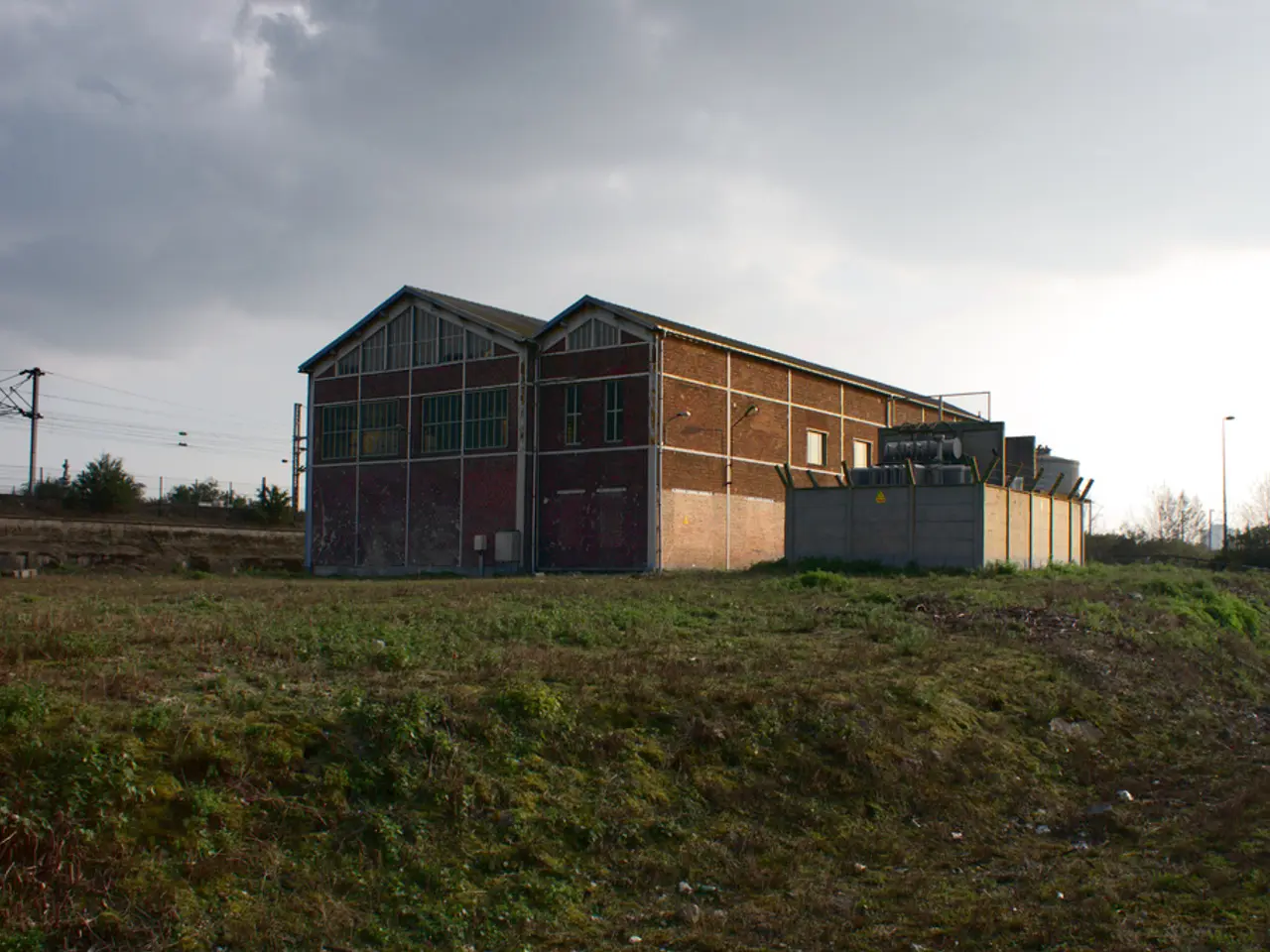Utilities' Secret Resource Now Open for Exploitation: Your Customers, Thanks to the FCC's Decision
The Federal Communications Commission (FCC) has made a significant move to enhance the electric grid's resilience and efficiency by streamlining the communication process for utilities to implement automated demand response programs at scale.
The ruling, announced in June 2025, eliminates uncertainty around the Telephone Consumer Protection Act (TCPA) and confirms that voluntarily providing a phone number to a utility constitutes "prior express consent" to receive non-marketing messages, including automated texts and calls related to peak demand. This clarification removes legal barriers that had previously restrained utilities from broadly using automated messaging for demand response.
Lindsey McDougall, Manager of Demand Response and Technical Services for Austin Energy, stated that the results show the power of thoughtful, inclusive engagement. Austin Energy piloted a layered outreach strategy and achieved up to 2.5 MW in hourly reductions, roughly equivalent to taking 500 homes off the grid for an hour.
The ruling follows a petition from the Edison Electric Institute (EEI), supported by a broad coalition of utilities, technology providers, and public interest groups. These stakeholders argued that prior legal ambiguity was a significant barrier to expanding demand response programs.
The benefits of this ruling are far-reaching. Increased scale and speed enable utilities to reach all customers by default with demand response alerts, enabling faster, more effective load reductions during peak demand periods. This scale and immediacy were not achievable before due to fear of non-compliance with TCPA.
By encouraging customers to reduce or shift electricity usage during peak times, utilities can flatten load curves, lower operational costs, and prevent reliability issues like blackouts. The ruling also enables the use of proven communication tools like automated texts and calls rather than limiting messages to email or opt-in programs, which had limited effectiveness.
The stakes are high for utilities as summer heat stresses the grid and climate extremes intensify, requiring quick action. The ruling is generally seen as a positive step to unlock customer engagement as a valuable asset for grid management and resilience.
Industry response has been positive. Utility programs, such as Baltimore Gas & Electric's use of Oracle-powered messaging in a recent demand response event, exemplify successful application enabled by this FCC guidance. Baltimore Gas & Electric successfully shed approximately 150 MW from their system during peak demand, equivalent to more than $500 million in battery storage for load reduction.
FirstEnergy Pennsylvania saved their customers more than $1.8 million in one summer through demand response programs. The FCC's ruling is a call to action for utilities to integrate demand response as a core strategy, rather than a side program, for grid stability and affordability.
Sources:
[1] FCC News Release, "FCC Eliminates Barriers to Demand Response Programs," June 2025. [2] Edison Electric Institute, "EEI Petition on TCPA and Demand Response," February 2025. [3] Austin Energy, "Austin Energy Demand Response Program," accessed August 2025. [4] Utility Dive, "FCC ruling on TCPA opens door for demand response," June 2025.
- The ruling from the Federal Communications Commission (FCC) in June 2025, concerning the Telephone Consumer Protection Act (TCPA), opens possibilities for the health-and-wellness and fitness-and-exercise industry as utilities can now broadly use automated messaging for demand response, improving energy efficiency and lifestyle choices.
- The technology sector stands to benefit significantly from this FCC ruling, as utilities are now able to employ advanced communication tools like automated texts and calls to enhance general-news dissemination, making weather updates more timely and effective.
- The education-and-self-development industry, focused on sustainable living and energy conservation, can leverage this ruling to better communicate with learners, encouraging participation in science and renewable energy programs that promote long-term energy resilience and efficiency.
- The financial industry and its customers hail this FCC decision, as utilities can now actively engage in finance-related discussions regarding energy savings and cost-effectiveness, resulting from the implementation of energy-saving strategies such as demand response programs.
- Amidst a backdrop of intensifying climate extremes and energy-intense lifestyle demands, the significance of this FCC ruling in the industry, technology, and lifestyle sectors extends beyond electric grid management – it sets a precedent for enhancing overall social wellness and sustainability through informed, proactive consumer engagement and communication.




